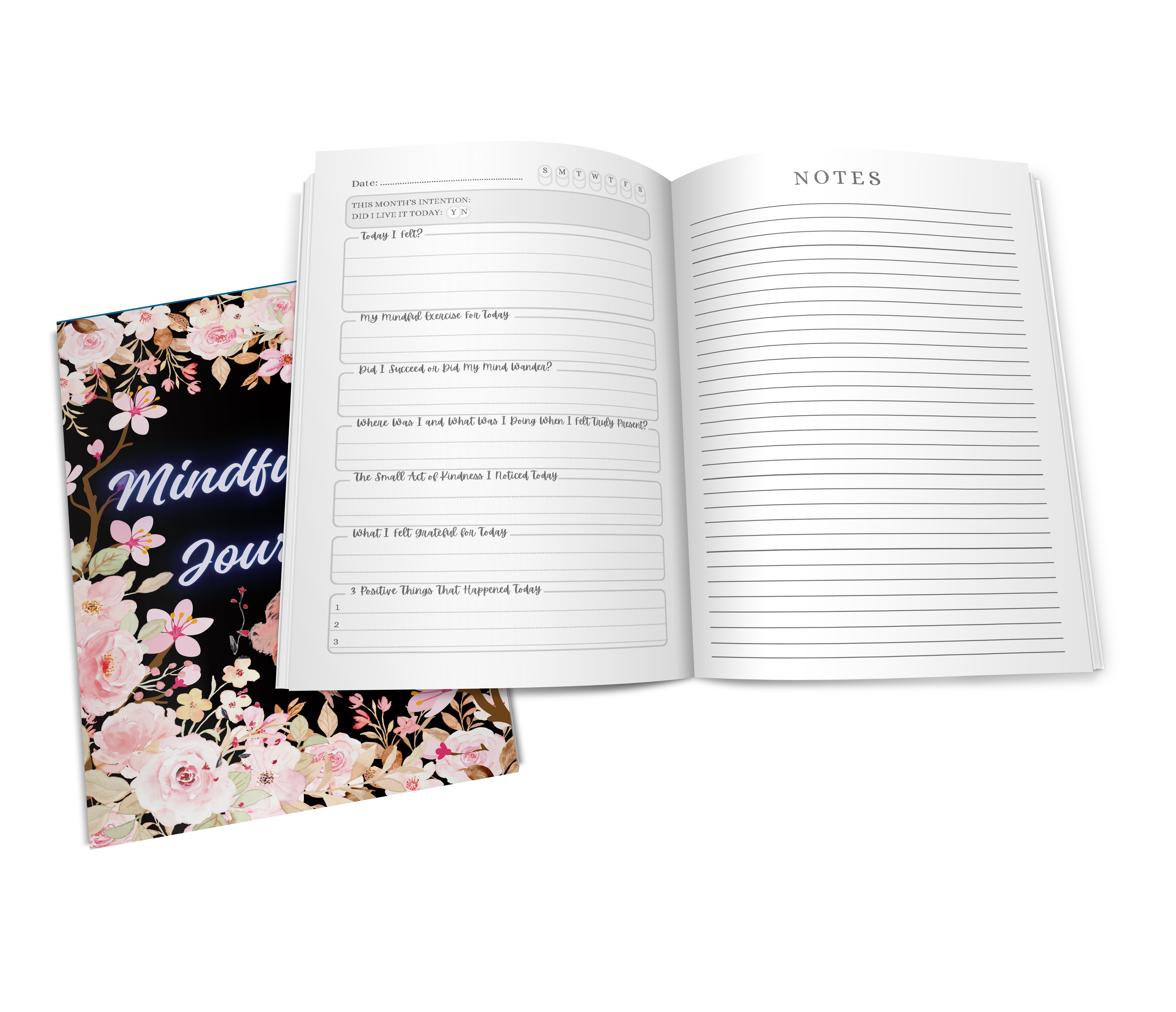[playht_player width=”100%” height=”90px” voice=”en-GB-OliviaNeural”]
In today’s fast-paced world, it can be challenging to stay grounded and present in the moment. With constant distractions from technology, work, and other stressors, many people find themselves feeling disconnected from themselves and others. However, cultivating the practice of being truly present can have profound benefits for our mindfulness and mental health, plus our overall well-being.
What does it mean to be truly present? Being truly present involves fully engaging with the current moment without judgment or distraction. It means paying attention to our thoughts, feelings, and surroundings with awareness and acceptance. When we are truly present, we are able to experience life more fully, connect with others on a deeper level, and find a sense of peace and contentment within ourselves.
Mindfulness is a key component of being truly present. Mindfulness brings our attention to the present moment without judgment or attachment to the past or future. By cultivating mindfulness, we can observe our thoughts and emotions without getting caught up, allowing us to respond to situations with clarity and wisdom.
Research has shown that practising mindfulness can have numerous benefits for mental health. Studies have found that mindfulness can reduce symptoms of anxiety, depression, and stress, as well as improve cognitive function and overall well-being. By being truly present, we can learn to regulate our emotions, cultivate a sense of gratitude and compassion, and build resilience in the face of life’s challenges.

So, how can we cultivate the practice of being truly present in our daily lives? One way is to incorporate mindfulness meditation into our routine. By setting aside time each day to sit quietly and focus on our breath or bodily sensations, we can train our minds to be more present and attentive. Additionally, we can practice mindfulness throughout the day by bringing our attention to our senses, such as the sights, sounds, and smells around us.
Incorporating mindfulness practices such as yoga, tai chi, or walking meditation can also help us stay grounded and present in the moment. By engaging in these activities mindfully, we can cultivate a sense of connection to our bodies and the world around us, fostering a deeper sense of presence and well-being.
In conclusion, being truly present is a powerful practice that can have profound benefits for our mental health and overall well-being. By cultivating mindfulness and practising presence in our daily lives, we can learn to respond to life’s challenges with grace and clarity and find a sense of peace and contentment within ourselves. So take a moment to pause, breathe, and be truly present in the here and now.
MINDFULNESS JOURNAL
Having a conscious eye on your mindfulness through journalling has many benefits, such as a better night’s sleep, reduced stress, and making sure you are all set for whatever the next day throws your way. This mindfulness journal guides you through recording the good and bad things of each day so you can reflect and improve your mindfulness.
Available on Amazon
You can read more about the importance of mindfulness here.
This post may contain affiliate links. As an Amazon Associate, we earn from qualifying purchases. See our Privacy Policy for details.





